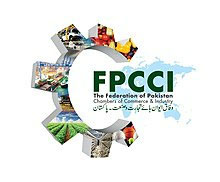Our Correspondent
Lahore
The Federation of Pakistan Chambers of Commerce and Industry (FPCCI) has stressed the need for taking serious measures in close consultations with the real stakeholders to broaden tax base and improving tax-to-GDP ratio, as number of return filers have decline by more than 23 percent to 1.31 million tax returns till the first week of Dec 2020 compared to 1.69 million returns filed in the tax year 2019.
FPCCI President Mian Anjum Nisar said that the FBR has failed to obtain return of income from NTN holders and increase the number of active taxpayers during the last decade, indicating the bad governance and weak tax management of the tax department. According to the data, the FBR has received about 23 per cent less income tax returns for the tax year 2020 while the tax received with returns stand at Rs6.5 billion during the period against Rs12.8 billion of the same period of last year, reflecting a decline of 49 percent.
“There is an urgent need of reforming and simplifying the taxation system with the consultation of real stakeholders, besides addressing the issue of double taxation through integration of provincial and federal government laws and harmonization of FBR and Punjab Revenue Authority (PRA). He suggested that taxes should be charged one time by any provincial or federal government, as provinces levy same kind of tax which the federal government has already imposed, escalating the cost of production and discouraging the registered manufacturers.










